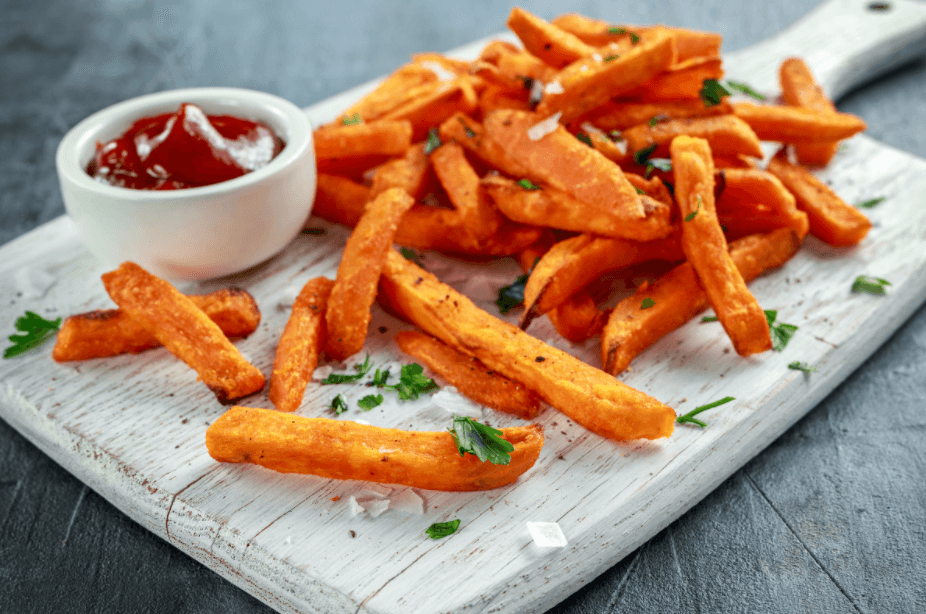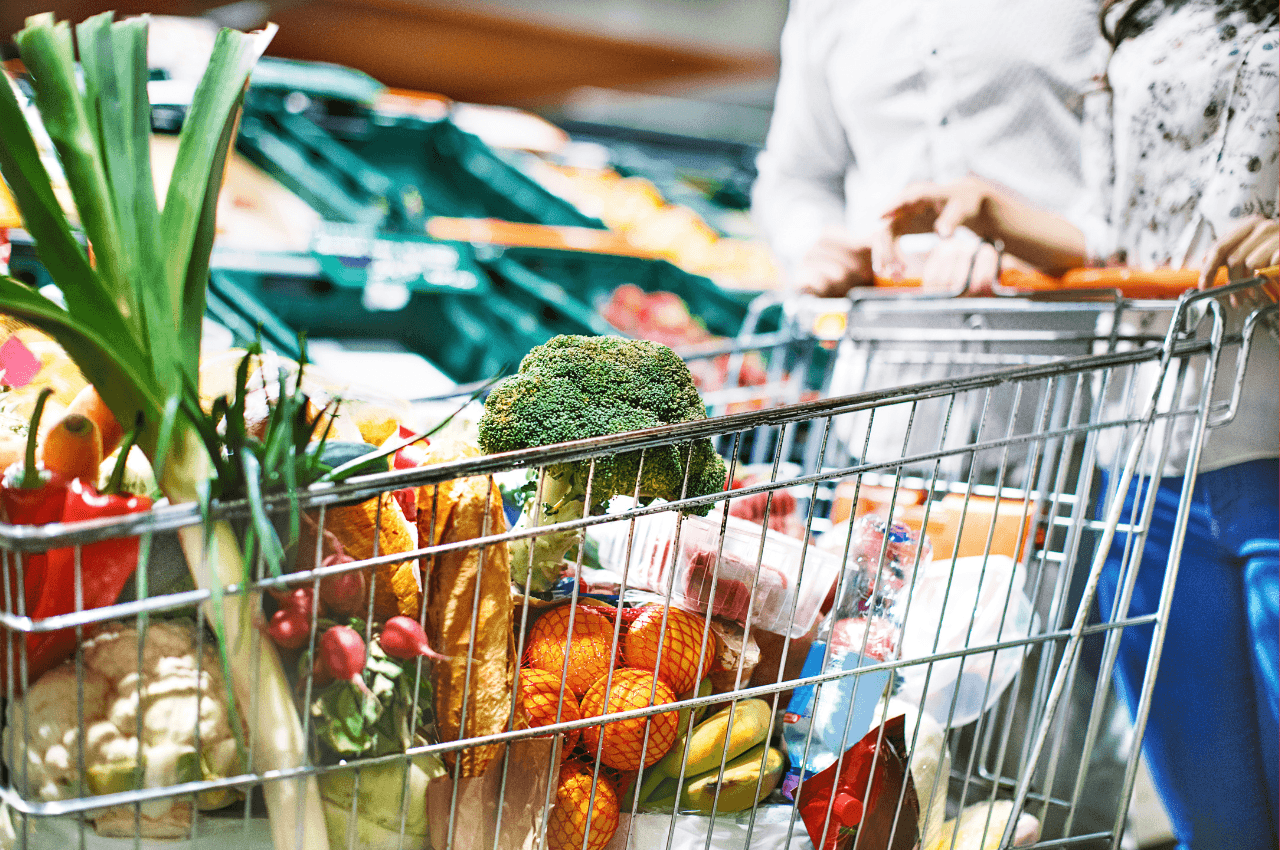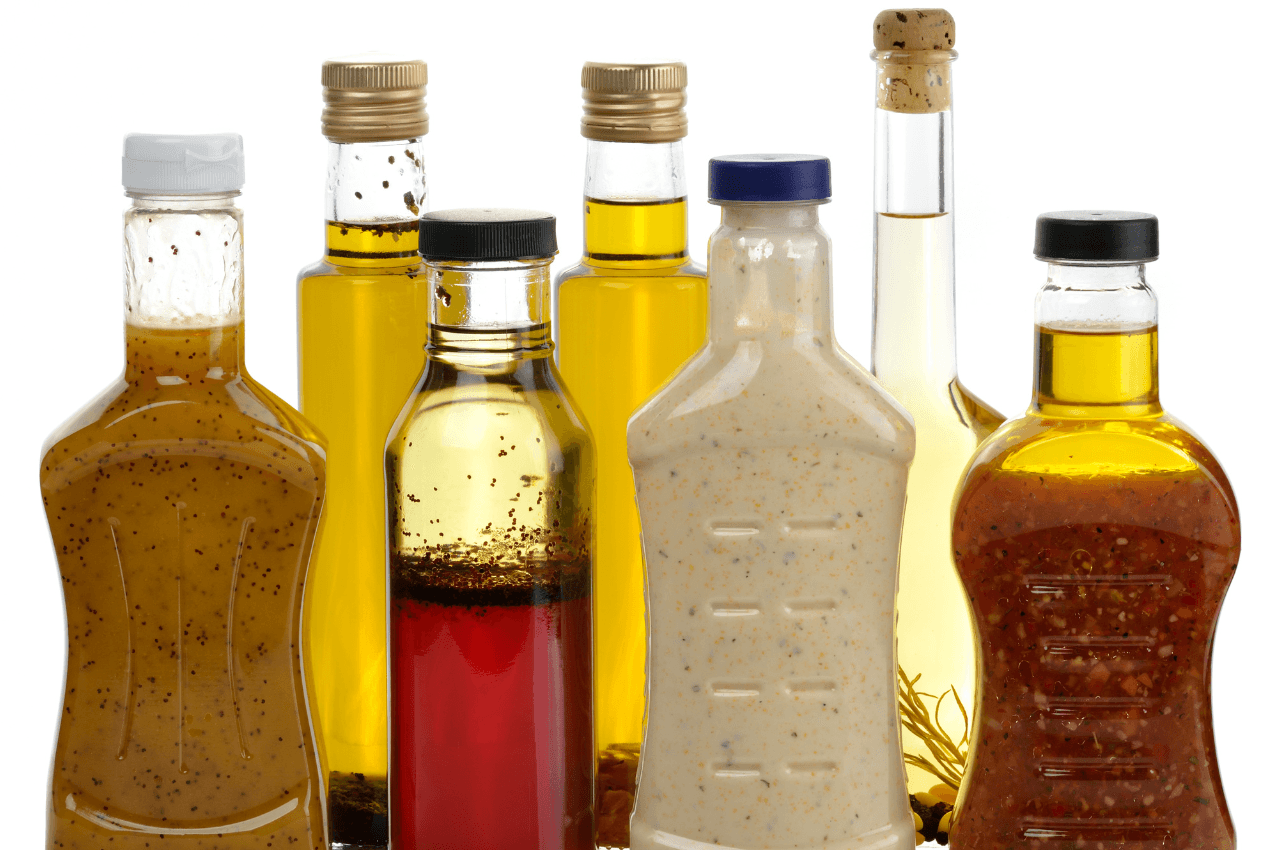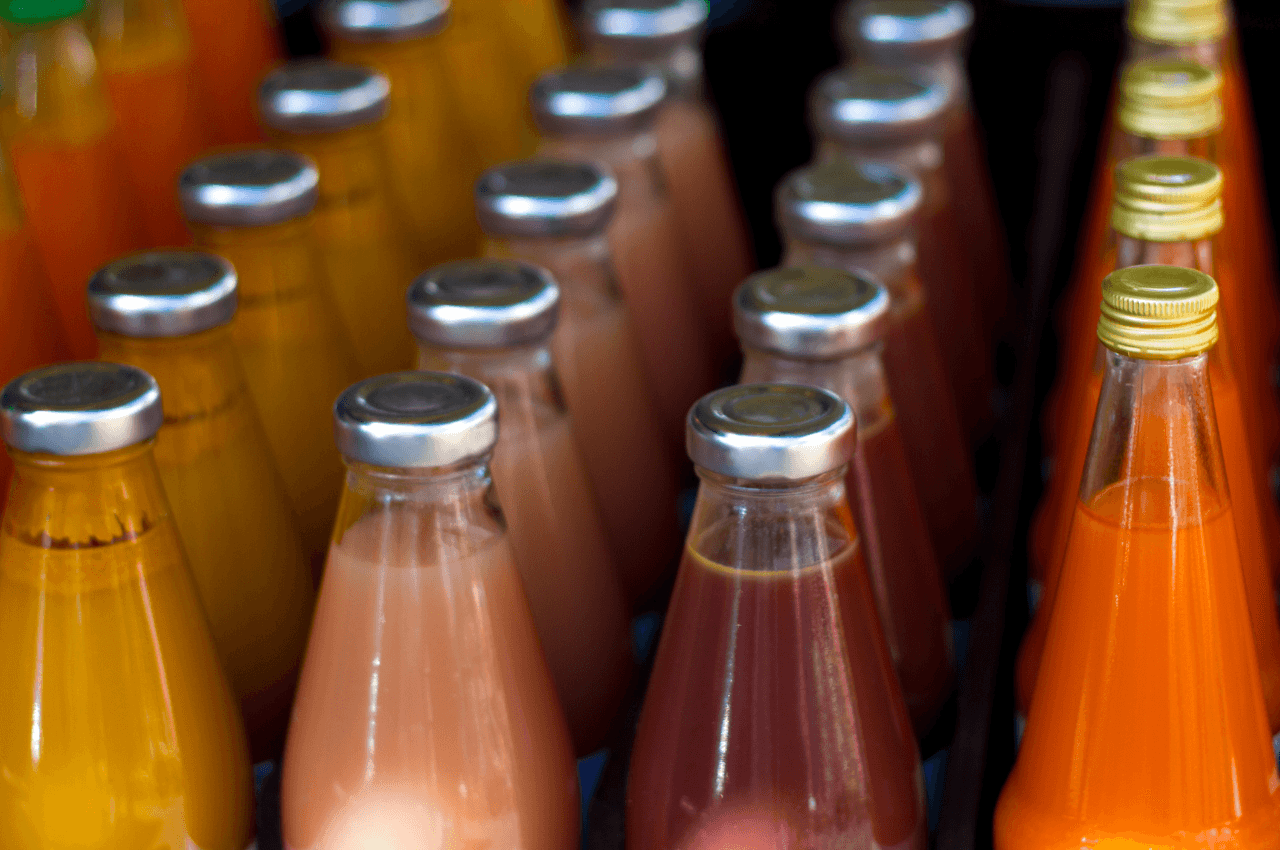Essential Nutrients For Breastfeeding
•Nutrition

Share
It’s always recommend to breastfeed if you can; it’s not possible for every woman, but if you’re one of the lucky ones, then your breast milk might benefit from some dietary changes!
There are specific micronutrients you’ll need more of when you’re breastfeeding for your own health and the health of your baby.
Breast Milk Break Down
Breast milk contains everything your baby needs for proper development during the first six months, but if your diet isn’t up to standard, then your baby won’t be receiving the proper nutrients they needs to thrive.
Here’s a little break down of the nutrients in breast milk:
87% water
7% carbohydrate
3.8% fat
1% fat
65-75 calories per 100mL
It will vary in calorie content and composition, and it changes during each feeding and throughout your lactation period to meet the needs of your baby. To get the most nutritious milk, it’s recommended that you empty one breast completely before switching to feeding from the other.
Eat More
Producing breast milk is demanding on your body — experts estimate that your energy needs will increase by around 500 calories per day! So, make sure you’re eating a bit more, but stick to nutrient-dense foods.
Two Groups Of Nutrients
There are two different groups of nutrients you should focus on getting more of while breastfeeding — one is important for both you and the baby, and the second is mostly important for you.
Group 1 Nutrients
Vitamin B1: Also known as thiamine, found in foods such as fish, pork, green peas, yoghurt and sunflower seeds
Vitamin B2: Also known as riboflavin, found in foods such as mushrooms, cheese, almonds, nuts and oily fish
Vitamin B12: Eggs, crabs, shellfish, shrimp, beef, nutritional yeast
Choline: Beef liver, chicken liver, fish, eggs, peanuts
Vitamin A: Sweet potato, kale, carrots, trout, eggs
Vitamin D: Fatty fish, cod liver oil, tuna, eggs
Selenium: Chicken, eggs, fish, beans, peas, fish, eggs
Iodine: Seaweed, shrimp, milk, yoghurt, cheese and eggs
If you’re low in these nutrients, they won’t secrete into your breast milk.
Group 2 Nutrients
Folate: Beans, lentils, avocados, asparagus, leafy greens
Calcium: Milk, yoghurt, cheese, legumes, leafy greens
Iron: Red meat, pork, poultry, beans, green vegetables, dried fruit
Copper: Wholegrains, nuts, beans, shellfish and potatoes
Zinc: Red meat, poultry, nuts, beans, dairy
For group two, the concentration of the nutrients in the breast milk is relatively unaffected by your dietary intake. So, if your intake of group two nutrients is low, your body will take these nutrients from your bone and tissue stores and secrete them into your breast milk.
Our bodies are clever! Your baby will always get the right amount of nutrients, but you have to be mindful that you are getting enough to avoid a deficiency.
The Bottom Line
Breastfeeding takes a toll on the body! You burn around 500 extra calories per day from breastfeeding alone so it’s important you’re receiving the proper nutrients for you and your baby to thrive.
If you're worried you're not receiving the proper nutrients, speak to your healthcare provider about making dietary changes or incorporating supplements into your diet.
For more on staying healthy as a new mum, take a look at our tips on regaining core strength postpartum, how to find time to exercise with a newborn, and how to join a mum's group.






